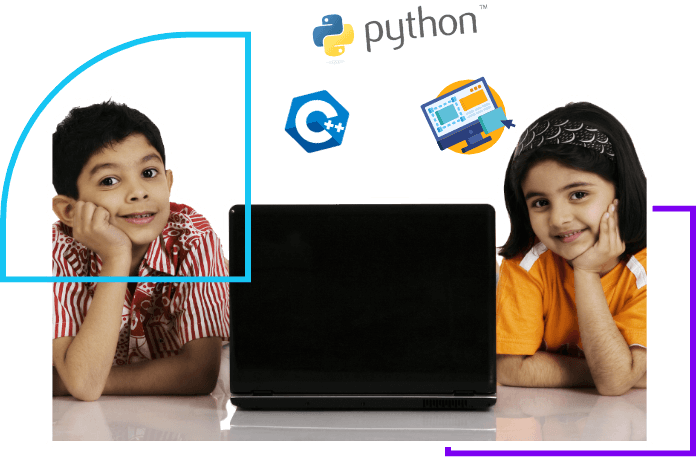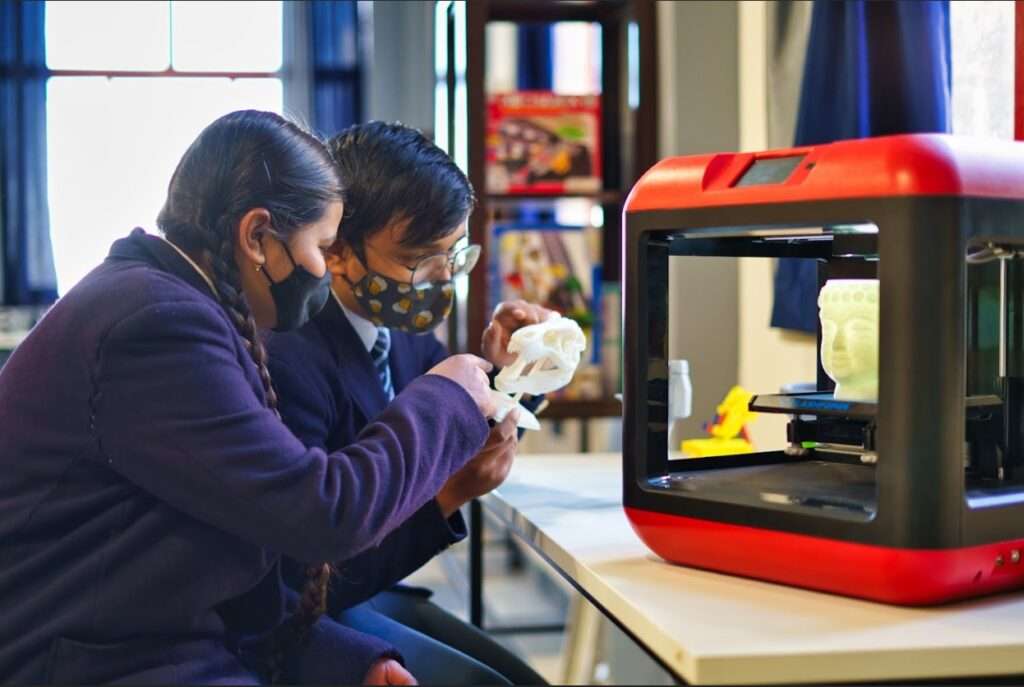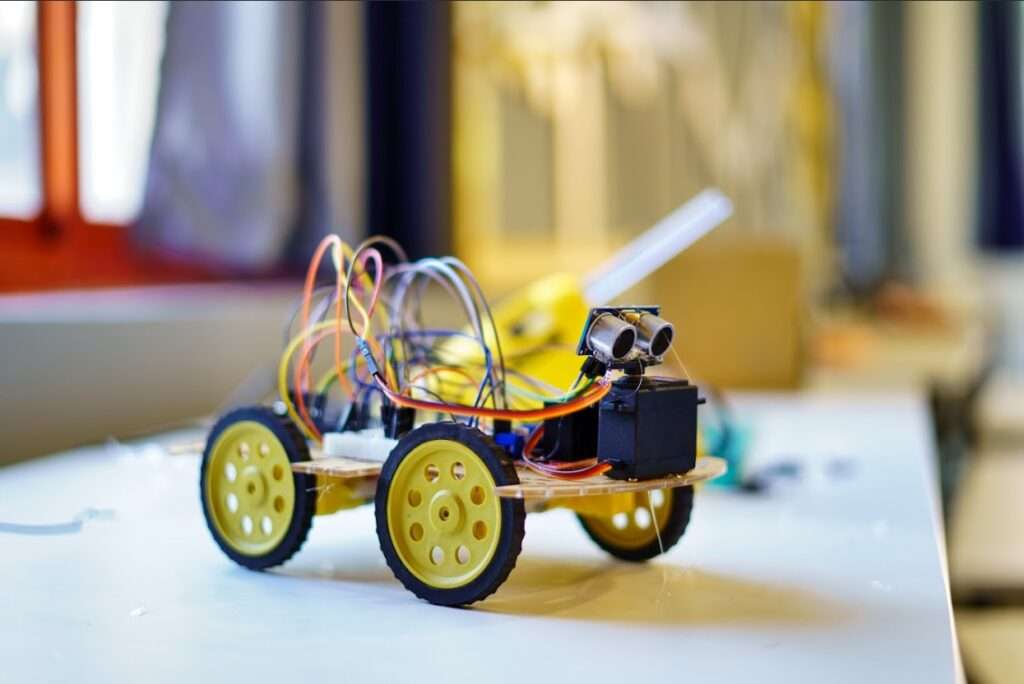Coding has become an increasingly important skill in today’s world, and many schools and parents are encouraging children to learn it from a young age. However, there are differences in how boys and girls may approach learning to code. These differences can be attributed to various factors, including societal expectations, biological differences, and personal preferences.
Societal Expectations
One significant factor influencing how boys and girls learn to code is societal expectations. Traditionally, boys have been encouraged to pursue careers in STEM fields, including computer science and coding. This has led to a stereotype that coding is a “boys’ thing.” As a result, girls may feel less confident or interested in learning to code. However, it’s important to challenge these stereotypes and encourage everyone, regardless of gender, to explore their interest in coding.
Biological Differences
While there is ongoing research into the topic, some studies suggest that there may be biological differences between boys and girls that influence their learning styles. For example, boys may be more likely to excel at spatial reasoning and problem-solving, which can be helpful in coding. Girls, on the other hand, may be more likely to excel at verbal skills and empathy. However, these are generalizations, and individual differences can vary greatly.
Personal Preferences
Ultimately, personal preferences play a significant role in how boys and girls approach learning to code. Some boys may enjoy coding because they find it challenging and stimulating. Others may prefer more hands-on activities that involve building and creating. Similarly, some girls may be drawn to coding because they enjoy solving problems and creating something new. Others may be more interested in using coding to create games or apps that are fun and engaging.
How to Encourage Boys and Girls to Learn to Code
Regardless of gender, there are many ways to encourage children to learn to code. Here are a few tips:
* Start early: The earlier children start learning to code, the better. This will give them more time to develop their skills and confidence.
* Make it fun: Coding can be a lot of fun, especially when it’s presented in a way that is engaging and interactive.
* Provide opportunities for experimentation: Encourage children to experiment with different coding languages and platforms. This will help them discover what they enjoy and what they are good at.
* Offer support and guidance: Be there to support and encourage children as they learn to code. Help them overcome challenges and celebrate their successes.
If you’re looking for a fun and engaging way to introduce your child to coding, consider MakersMuse. MakersMuse offers a variety of coding courses and workshops for children of all ages. Their experienced instructors will help children develop their coding skills in a supportive and encouraging environment. Sign Up Today !
















This Post Has 2 Comments
Real Estate Hi there to all, for the reason that I am genuinely keen of reading this website’s post to be updated on a regular basis. It carries pleasant stuff.
Thank you for your kind words! We appreciate your interest and encourage you to reach out anytime at hello@makersmuse.in for updates.